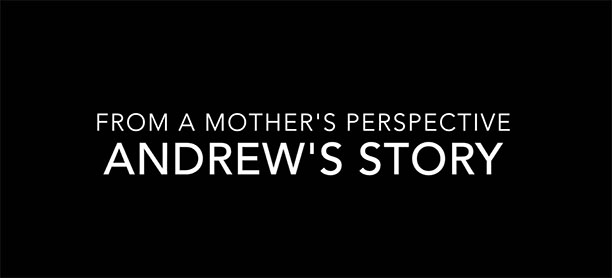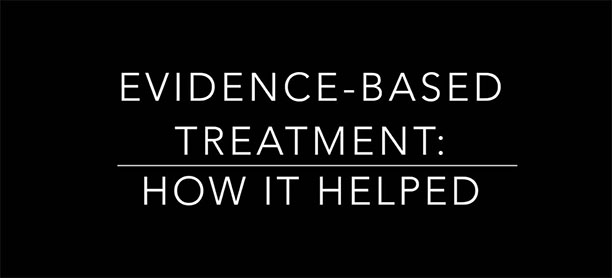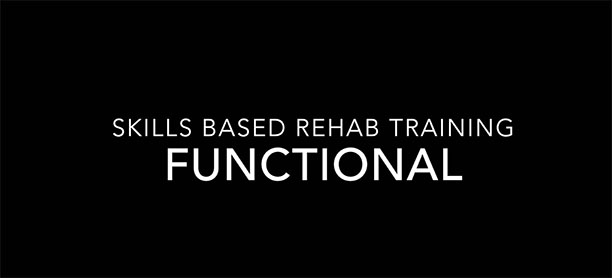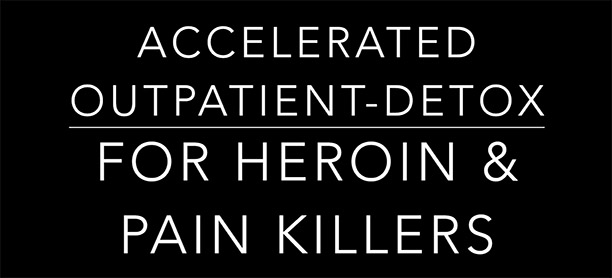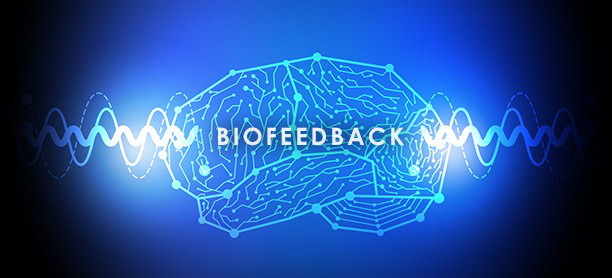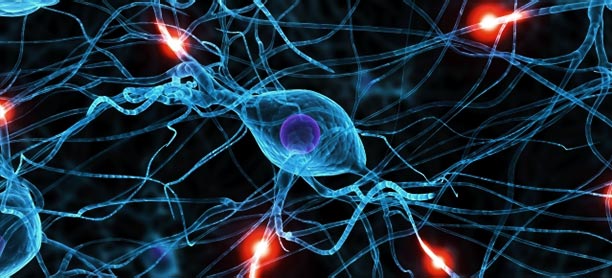Dr. Avart is a Physiatrist who specializes in treating drug addiction. He treats and rehabilitates patients with non-surgical orthopedics, chronic pain conditions, opiate dependency and/or opiate addiction, as well as many other drug addictions and dependencies. Addictions he treats include nicotine, alcohol, other drugs, gambling problems and problem eating. He also treats individuals suffering with chronic opiate-dependent pain symptoms and other conditions involving chronic pain.
Dr. Avart has devoted most of his professional career as a rehabilitation physician to the treatment of orthopedic and neurologic impaired patients, individuals with chronic pain, and those suffering with drug dependency and addiction problems.
Andrew had explored a wide range of drugs prior to becoming addicted to heroin, including marijuana, alcohol, and pills. His mother tells the story in this video and talks about Dr. Avart’s programs.
A patient talks about what the program has done for him and how medication has helped, but it is only one component in a more comprehensive program that has much more to offer addicted patients.
A patient who has gone through the ups and downs of being clean, relapsing, and coming back again talks about how this program has helped him feel very different about who he is and where he’s headed.
A father shares his thoughts about how Dr. Avart’s program involves Family Centered Treatment. Dr. Avart’s approach has been incredibly beneficial — both to him and to his addicted child.
This patient really never bought into traditional 12-step. While he did believe in what Dr. Avart was offering with his outpatient detox programs, the suboxone protocols did not work well. Just listen.
Resonate Frequency Breathing (RFB) is abdominal breathing that is relaxed, deep, and deliberate, akin to mindful breathing, and produces a meditative-like state that promotes optimal balance in your body and mind.
Heart Rate Variability (HRV) is essentially a measure of the ways in which our Sympathetic (“fight or flight”) and Parasympathetic (“rest & digest”) systems influence our heart rate. By monitoring your HRV, you can discover information about your autonomic flexibility, or how these systems interact with each other, and thereby strengthen your capacity to regulate your emotional responses to external stimuli.
Biofeedback is our body’s physical responses to stimuli. It is the way in which our body’s systems communicate with each other, and it also pertains to our assessment of these responses.
Understanding the nature of Implicit Memory can give us more control over our thoughts and actions, and therefore can serve as a powerful tool in addiction recovery.
Most people understand the general idea of independence, and it might even seem elementary. However, understanding what independence is truly IS the easy part. Understanding what independence is in a rehabilitation context is a bit more involved.

